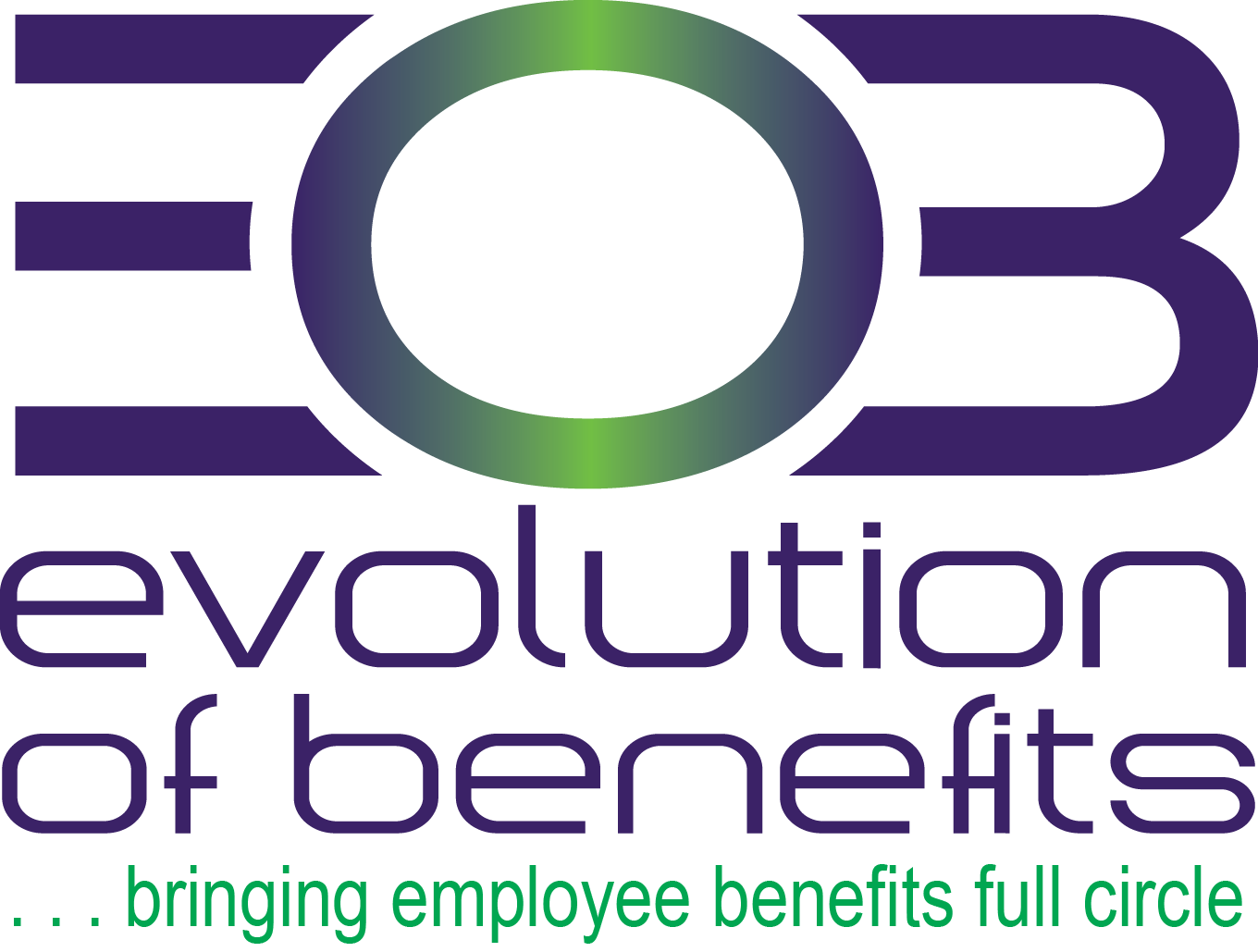June HR Brief: Protecting Teams from Burnout; EEOC Opens EEO-1 Reporting Portal for 2019 and 2020 Data

- The portal for private-sector employers to submit equal employment opportunity (EEO-1) workforce data from 2019 and 2020 is now open, the U.S. Equal Employment Opportunity Commission (EEOC) recently announced. The deadline for submissions is July 19, 2021. This data collection was previously delayed due to the COVID-19 pandemic.
- Burnout is a commonly discussed issue amid the COVID-19 pandemic. Oftentimes, it’s HR’s responsibility to help employees cope with burnout and its contributing factors. In many cases, that leaves HR teams without lifelines of their own. However, HR professionals can take steps to stay afloat when feeling overburdened.
May HR Brief: Using Technology in Learning and Development

- Skill training and development are essential in every organization. Employers can consider online or technology-supported training as an investment to both their employees and organization. Contact Evolution of Benefits today to learn more about learning and development, and download HR Brief for more about the key types of training programs and how technology could improve the employee experience.
- During the COVID-19 pandemic, many recruiting budgets have been slashed, and employers are struggling to find talent. However, virtual recruitment can help HR teams address talent shortages. Virtual recruitment is the process of pursuing, vetting and hiring candidates electronically. Download the HR brief for strategies.
HR Brief – April 2021

Topics include
Top 10 Workplace Discrimination Claims
In the 2020 fiscal year, the Equal Employment Opportunity Commission (EEOC) resolved more than 70,804 charges of workplace discrimination. Discrimination lawsuits can be very time-consuming and expensive for employers, and can result in a loss of employee morale or reputation within the community.
Top Causes of Discrimination
According to the EEOC, the following are the top 10 reasons for workplace discrimination claims in fiscal year 2020:
• Retaliation—37,632 (55.8% of all charges filed)
• Disability—24,324 (36.1%)
• Race—22,064 (32.7%)
• Sex—21,398 (31.7%)
• Age—14,183 (21.0%)
• National Origin—6,377 (9.5%)
• Color—3,562 (5.3%)
• Religion—2,404 (3.6%)
• Equal Pay Act—980 (1.5%)
• Genetic Information—440 (0.7%)
These percentages add up to more than 100% because some lawsuits were filed alleging multiple reasons for discrimination.
Steps for Employers
Employers should consider the following steps to protect themselves from retaliation and other discrimination claims:
• Audit their practices to uncover any problematic situations.
• Create a clear anti-retaliation policy that includes specific examples of what management can and cannot do when disciplining or terminating employees.
• Provide training to management and employees on anti-retaliation and other discrimination policies.
• Implement a user-friendly internal complaint procedure for employees.
• Uphold a standard of workplace civility, which can reduce retaliatory behaviors.
For more information and for tips on how to protect your business, contact Evolution of Benefits today.
Preparing HR for Future Health Crises
The COVID-19 pandemic was a wake-up call for HR departments in 2020. Suddenly, employees were looking to HR teams for guidance in areas not typically considered their responsibility.
This article outlines four ways HR teams can prepare for future public health crises. Employers can use this information to help cope with the current COVID-19 pandemic fallout and beyond.
HR Brief – March 2021

Topics include
OSHA Issues Prevention Guidance on COVID-19 in the Workplace
Recently, the Occupational Safety and Health Administration (OSHA) issued guidance on mitigating and preventing the spread of COVID-19 in the workplace. The guidance is intended to inform employers and workers in settings outside of health care of the risks of being exposed to or contracting COVID-19 at work. This guidance is meant to help employers and workers determine appropriate COVID-19 control measures for the workplace.
3 Recruiting Trends to Watch in 2021
Recruiting has never been simple, and the COVID-19 pandemic is complicating matters even more. In this rapidly changing landscape, employers need to adapt if they want to attract and retain quality talent.
To better prepare for this rapidly changing landscape, the following are some recruiting practice trends employers should monitor in 2021.
HR Brief – February 2021

Topics include
EEOC Issues FAQs on Mandatory Vaccinations for COVID- 19
The Equal Employment Opportunity Commission (EEOC) recently added nine new answers to frequently asked questions (FAQs) to its existing guidance on how employers should comply with the Americans with Disabilities Act (ADA) and other fair employment laws while also observing all applicable emergency workplace safety guidelines during the coronavirus (COVID-19) pandemic.
Driving HR Efficiencies With Technology
Improving workplace efficiency is about helping employees work smarter, not harder.
HR Brief – January 2021

Topics include
Encouraging Employees to Use Telehealth Services
As COVID-19 cases continue to surge across the country amid flu season, telehealth services offer access to quick, convenient and affordable care. In 2020, there was a significant increase nationally in telehealth utilization. Now, many providers and hospitals are encouraging patients to utilize telehealth services instead of coming to the office or hospital for non-life-threatening care.
and
Employee Skills for the Post-pandemic Workplace
The post-pandemic workplace will require employers to rethink how to prioritize and develop necessary skill sets. In response, organizations should embrace a dynamic approach to reskilling talent in order to shift vital employee skills and help develop skills as they become relevant and necessary. Consider pursuing and supporting the following proficiencies for potential and current employees:
HR Brief – December 2020

Topics include
Supporting Employees’ Financial Well-being During the COVID-19 Pandemic
and
Workplace Virtual Holiday Parties
There are a variety of ways that leaders can recognize employees this holiday season, and employers should consider which initiatives are appropriate for their workplace. For additional employee engagement resources, contact Evolution of Benefits today.
HR Brief – November 2020

OSHA Clarifies COVID-19 Reporting Requirements
and
Preventing Workplace Gossip During a Crisis
HR Brief – October 2020

Employers bear the burden of preventing an employee from completing unauthorized or unwanted work.
Regardless of whether employees are present at a work facility or working from home, here are some ways to enhance workplace culture and connectivity amid social distancing.
HR Brief – September 2020

Many organizations are expected to hold entirely virtual open enrollment due to the coronavirus. Virtual enrollment has been trending for several years, and the COVID-19 pandemic is helping to solidify its prominence. A virtual enrollment process typically includes an online enrollment platform for selecting benefits, hosting remote meetings between employees and HR, and downloading benefits resources.
Topics:
The impact of COVID-19 on open enrollment
Supporting employees’ care-giving responsibilities post-coronavirus




















